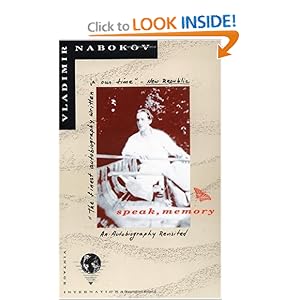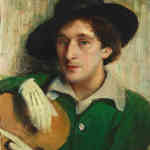“Madame Bovary” is exquisite, it is perfection, and it is also exquisitely painful. I do not think I will ever read it again. It is so perfectly rendered a work of fiction that it breaks the heart.
Emma Bovary is a silly woman of imaginations and pretensions. She marries a simple plodding doctor who thinks she is the best thing to have happened to him. He adores her; she is bored by him.
The tragedy of the novel is that Emma seeks love, acceptance and romance from trivial, undeserving men, when she can get all the love she wants from her accepting, adoring husband.
She carries on expensive flirtations, sinking further and further in debt. When her debts seems overwhelming, she swallows arsenic.
Charles, the true hero of the book, lives on, full of happy memories of his wife. He is, in a sense, the happiest, only satisfied character in the book, for he believed he had what he coveted, Emma’s love. After Emma’s death, everyone cheats him, claiming debts that Emma hadn’t in fact taken on. He overworks, his child gets ragged. When Emma’s perfidy is revealed, he dies of a broken heart. Her good daughter, Berthe, is sent to work in a factory.
Meanwhile, as a foil to the good honest doctor, there is a devious, scheming apotechary Monsieur Homais, who rises in the world even as the Emma falls. Finally, crowning injury, as Berthe grows more ragged, the Homais forbid their children to play with her.
It is in the verisimilitude of tiny details like that that Flaubert creates an absolutely memorable, absolutely believable book. No suspension of disbelief necessary. It could just as easily be a work of non-fiction so perfect are its details and characterization. In fact, Flaubert based his novel on a newspaper account of a silly provincial housewife whom he no doubt identified with. She was the road less travelled. Famously, and interestingly for a man of discipline as he undoubtedly was, he wrote, “Madame Bovary, c’est moi.”



